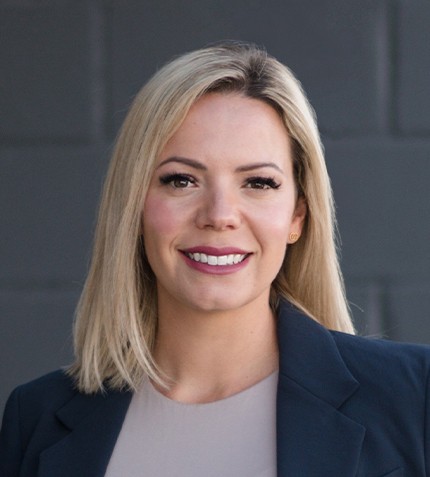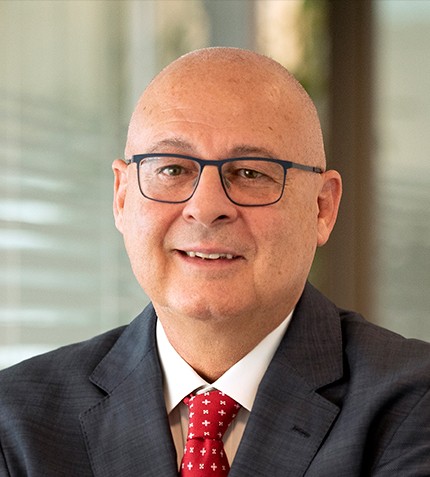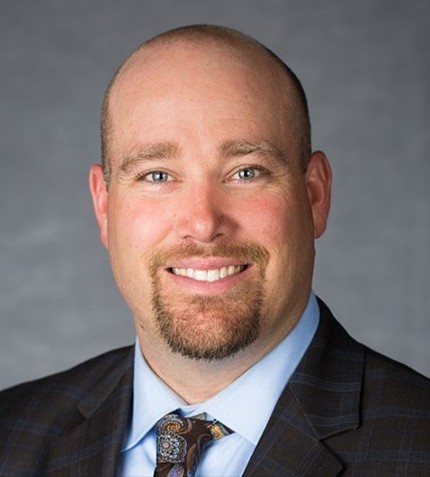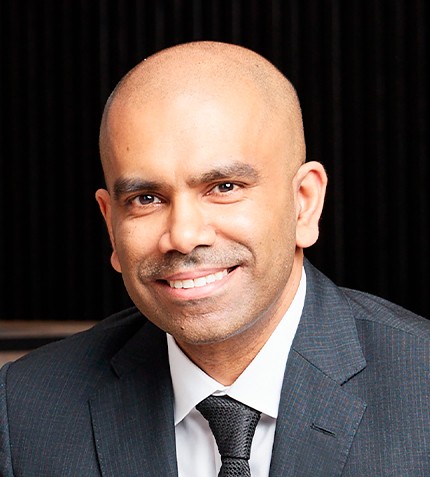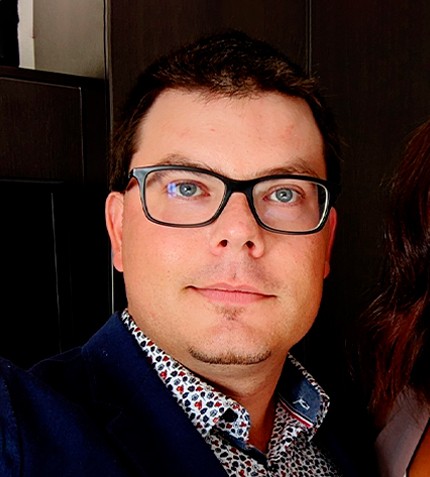
"I view automation primarily as a tool to enhance quality and safety, rather than as a substitute for skilled personnel. Drilling, in my view, is an art – and it requires professionals mastering that art."
RELATED PUBLICATION
Mathieu Dionne
CEO, DIAFOR
How was 2024 for Diafor?
2024 presented challenges due to regulatory changes. In early 2024, the Québec government introduced a new permitting requirement for exploration activities: the Autorisation pour Travaux d’Exploration à Impacts (ATI). Anticipating implementation disruptions, many clients chose not to schedule drilling for early summer, others suffered from delays.
Nonetheless, we advanced our growth strategy, doubling the company’s size. We secured our biggest drilling contract to date. At the same time, we maintained our social and economic contributions to the local communities and continued to pursue innovation and reduce greenhouse gas emissions.
How has Diafor’s fleet evolved as the company expands?
We expanded from two to four drill rigs, focusing on diversification and modernization. Our newest addition is a computerized drill offering automated functionality, real-time monitoring and data collection. It is going to be a multiplatform unit – heli-portable, skid-mounted, or track-mounted, or deployable on a barge. In its heli-portable configuration, it will be capable of drilling to depths of 2,000m, marking an advancement in depth-to-weight performance.
What is Diafor’s approach to automated drilling?
I view automation primarily as a tool to enhance quality and safety, rather than as a substitute for skilled personnel. Drilling, in my view, is an art – and it requires professionals mastering that art.
Our main approach to innovation focuses on harnessing data to improve performance and lower both energy consumption and carbon emissions. Ultimately, our goal is to spend more time drilling and maximize client satisfaction with our quality.
How would you describe Diafor’s growth strategy?
Our strategy contrasts with that of many competitors. Typically, companies acquire drill rigs first, and then recruit personnel as projects arise. This can lead to operators being underprepared. At Diafor, we prioritize securing necessary manpower before committing our fleet or expanding operations. This aligns with our working culture – our teams take pride in completing safe, high-quality shifts, and we benefit from strong employee retention. The result is clear in the satisfaction of our clients, who receive reliable service from a skilled and motivated team.
How do the company’s recent awards and recognitions enhance its profile?
Recognitions at the AEMQ, Val-d’Or Chamber of Commerce and Mérit’Or galas are a meaningful validation from our peers. They reflect the efforts we make across customer and employee satisfaction, environmentally responsible operations, and social and cultural engagement within the community. These acknowledgments also demonstrate that a small, young company can deliver high-quality work and stand out in a sector dominated by larger players.
Diafor will celebrate its fifth anniversary in December 2025. In those years, we have established trusting relationships with our clients. When bidding for new work, we confidently provide our full client list as references. While Diafor is relatively young, many of our professionals bring over 40 years of experience. This depth of expertise is ultimately what speaks loudest – both in client testimonials and in the industry recognition we have received.
What does Diafor do to ensure sustainability in its operations?
Environmental and social sustainability are core priorities. We offer environmental protection measures including water treatment and closed-loop circulation systems, sound dampening solutions, and site preparation expertise for winter programs. On the social front, between 10–20% of our workforce is composed of First Nations personnel, and we partner with First Nations drilling companies.
Naturally, these commitments imply additional costs, but sustainability and customer satisfaction are valuable too. We continue to reduce greenhouse gas emissions and ensure good salaries for our workers. At the same time, our programs are executed seamlessly, adhering strictly to both schedule and safety protocols. This ensures a reliable flow of drill cores to the shack. While our services may be priced higher than some competitors, our operations are both sustainable and structured to generate long-term value for clients.
How have consolidation trends impacted the industry?
Over the past year, there has been limited consolidation within the drilling sector. However, the broader mining industry in Québec has seen significant M&A activity. In turn, contracts could become more consolidated too. Meanwhile, juniors are facing a difficult financing environment, leading to a decline in exploration activity. Pricing across the drilling market has come under pressure, with some companies struggling to secure contracts. Thankfully, Diafor maintains a strong pipeline of work and the flexibility to scale up.





